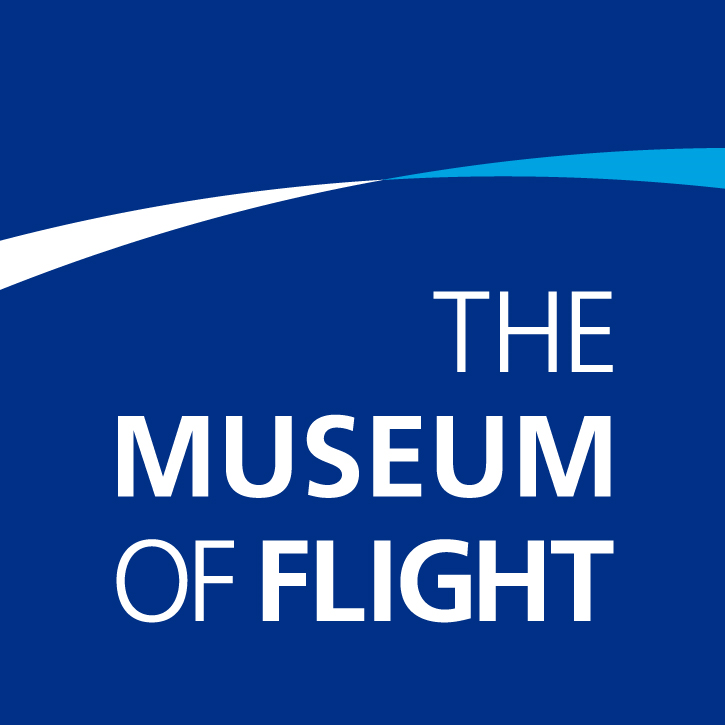Abbey, George -- oral history interview, 2018 December 7
Interview Summary
Retired NASA administrator George W. S. Abbey is interviewed about his aerospace career and his contributions to human spaceflight. He discusses his service with the U.S. Air Force during the 1950s and 1960s, focusing in particular on his involvement in the Boeing X-20 Dyna-Soar Program. He then discusses his experiences at NASA and describes his career progression from systems engineer to director of the Johnson Space Center (Texas). Notable topics discussed include the Apollo Program, the Space Shuttle Program, and the International Space Station. He also touches on his work with Rice University’s Baker Institute for Public Policy, the International Space Medicine Summit, The Museum of Flight, and other institutions.
Dates
- Creation: 2018 December 7
Creator
- From the Collection: Museum of Flight (Seattle, Wash.) (Organization)
Language of Materials
All materials are in English.
Conditions Governing Access
This collection is open for research and is accessible in the Dahlberg Research Center by appointment. Interviews are being made available online on an ongoing basis. For more information contact us.
Biographical Note: George Abbey
George W.S. Abbey was a NASA administrator who worked on numerous human spaceflight programs and served as Director of the Johnson Space Center (Texas).
George William Samuel Abbey was born in Seattle, Washington on August 21, 1932 to Sam and Brenta Abbey. He attended John B. Allen Elementary School, Hamilton Junior High School, and Lincoln High School, all in the Seattle area.
Abbey entered the U.S. Naval Academy (Annapolis, Maryland) in 1950, initially with the intent of becoming a naval aviator. However, after graduation, he accepted a transfer to the U.S. Air Force so that he could enter flight training directly without first having to serve sea duty. During his Air Force service, he flew a variety of helicopters and fixed-wing aircraft, including the North American T-28 Trojan, the Lockheed T-33 Shooting Star, and the Boeing C-135 Stratolifter. He also earned a master’s degree in electrical engineering from the Air Force Institute of Technology (Ohio). Afterwards, he worked with Boeing on the Dyna-Soar Program, helping to develop the avionics for the X-20 spaceplane.
In 1964, following the cancellation of the Dyna-Soar Program, Abbey joined the National Aeronautics and Space Administration (NASA) as a system engineer for the Apollo Program. He served as assistant to several NASA administrators, including Joseph F. Shea, George M. Low, Robert R. Gilruth, and Chris C. Kraft, and contributed heavily to the Apollo missions. In 1976, he was named Director of Flight Operations at the Johnson Space Center (JSC), and in 1983, he was appointed Director of the Flight Crew Operations Directorate. In this role, he oversaw astronaut recruitment activities for the Space Shuttle Program, focusing in particular on recruiting minority and women candidates.
In 1988, Abbey left JSC to serve as deputy associate administrator for spaceflight at NASA Headquarters in Washington, D.C. Subsequent assignments included serving on the National Space Council and Synthesis Group, helping to shape U.S. space initiatives and strategies. During the 1990s, he advocated for the Space Station Program and encouraged the transition for the Space Station Freedom to the International Space Station. In 1996, he was appointed director of the JSC, a position he held until 2001. He retired from NASA in 2003.
Following his retirement, Abbey became a Fellow at Rice University’s Baker Institute for Public Policy. He also co-founded the annual International Space Medicine Summit with Bobby Alford.
Abbey was married to Joyce Widerman, whom he had met at the U.S. Naval Academy. They had five children together but later divorced. Abbey died March 24, 2024.
Source:
Biography derived from collection materials and online obituaries.
Full Extent
9.37 Gigabytes (1 master video file, 1 access video file, 1 PDF transcript)
Full Extent
1 Digital recordings : 1 hr., 53 min., 20 sec.
Existence and Location of Copies
This interview available at The Museum of Flight Digital Collections.
Subject
- Abbey, George, 1932-2024 (Interviewee, Person)
- Schultz, Jake (Interviewer, Person)
- International Space Station (Organization)
- Lyndon B. Johnson Space Center (Organization)
- Project Apollo (U.S.) (Organization)
- Project Gemini (U.S.) (Organization)
- Space Station Freedom Program (U.S.) (Organization)
- United States. National Aeronautics and Space Administration (Organization)
Repository Details
Part of the The Museum of Flight Archives Repository
9404 East Marginal Way South
Seattle Washington 98108-4097
206-764-5874
curator@museumofflight.org
